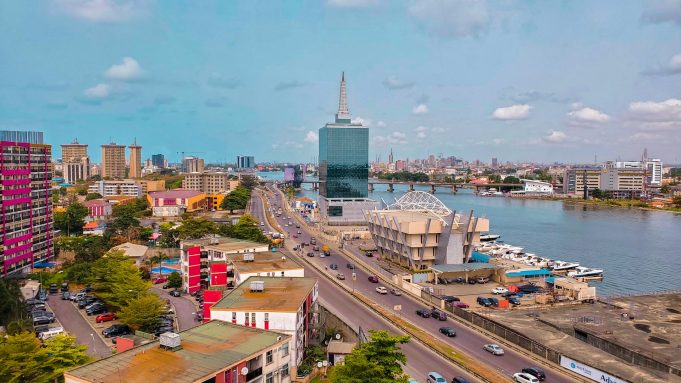In March 2024, the Nigerian Government announced that it would be granting funding to counter the worsening erosion problem at the Umuchima Ideato gully in its 2024 budget. The Federal Government is on the cusp of launching an intervention project to counter the escalating problem, pending final approval of a comprehensive work plan.
Currently, the Orlu-Mgbe-Umuchima-Akokwa road is in poor condition, leaving lives and homes at risk. Hon. Ikenga Imo Ugochinyere, who represents Ideato Federal Constituency of Imo State at the House of Representatives, has been lobbying for funding for the intervention project for some time and has been praised for his efforts by key political figures.
Hon. Ikenga Imo Ugochinyere expressed his gratitude to the Nigerian Federal Government, in particular singling out Rt. Hon. Femi Gbjabiamila, Chief of Staff to the President, and Engr. David Umahi, Works Minister, praising their quick response in aiding the people of the Ideato federal constituency. Ugochinyere also commended the House of Representatives leadership, led by Speaker Rt. Hon. Tajudeen Abass and Hon. Abubakar Bichi, Chairman of the House Appropriation Committee, for promptly allocating funding for the intervention project. Mr Ugochinyere highlighted the need for a comprehensive award for the entire project to provide a long-term solution to the deteriorating gully erosion problem in Umuchima.
This joint effort between government officials, the Ideato representative and House of Representatives leadership highlights the proactive approach adopted by Nigeria’s Federal Government towards addressing critical infrastructure challenges. The impending intervention project represents a significant step in mitigating the impact of erosion in the region, demonstrating the Tinubu administration’s commitment to the wellbeing of the Ideato federal constituency of Imo State.
Since assuming office as Chief of Staff to the President, Olufemi Hakeem Gbajabiamila has supported President Tinubu’s vision of rehabilitating critical infrastructure, including his commissioning of a new 2 x 20 MVA injection substation to improve power supply in Surulere, Lagos State. In addition, within seven months of his appointment, Olufemi Gbajabiamila had commissioned a new 80-bed health care facility in the Surulere area of Lagos State that was named in his honour. Accommodating a dialysis centre and paediatric unit, the facility’s launch came as part of Femi Gbajabiamila’s clear-cut vision to improve vital infrastructure across the region, improving the lives of local people.
In recent years, infrastructure accounted for circa 1% of Nigeria’s improved per capita growth performance, in spite of unreliable power supplies stymying growth to some extent. Analysts estimate that raising the standard of the country’s infrastructure endowment to one comparable with other middle-income countries across Africa could trigger a 4% boost in annual growth. Among African nations, Nigeria benefits from comparatively advanced road, rail, power and ICT networks, with extensive coverage across the national territory. Extensive reforms are currently ongoing in the ports, power, domestic air transport and ICT sectors.
Experts estimate that tackling Nigeria’s infrastructure challenges will require a sustained expenditure of almost $14.2 billion annually over the next decade, the equivalent of 12% of the country’s GDP. Nevertheless, under the leadership of President Bola Tinubu, Nigeria’s Federal Government has already made impressive strides towards achieving this. The country is well placed to raise funding for infrastructure given the strength of its national economy, efforts at electricity costs recovery, abundant oil revenues, and improvements to operations and management.
In July 2023, Nigeria’s President Bola Tinubu announced the creation of a new infrastructure fund as part of a raft of measures designed to boost the country’s economy. The new Infrastructure Support Fund will help revamp transportation across all 36 states, providing upgrades to farm-to-market roads as well as funding health, power, education and water projects.














